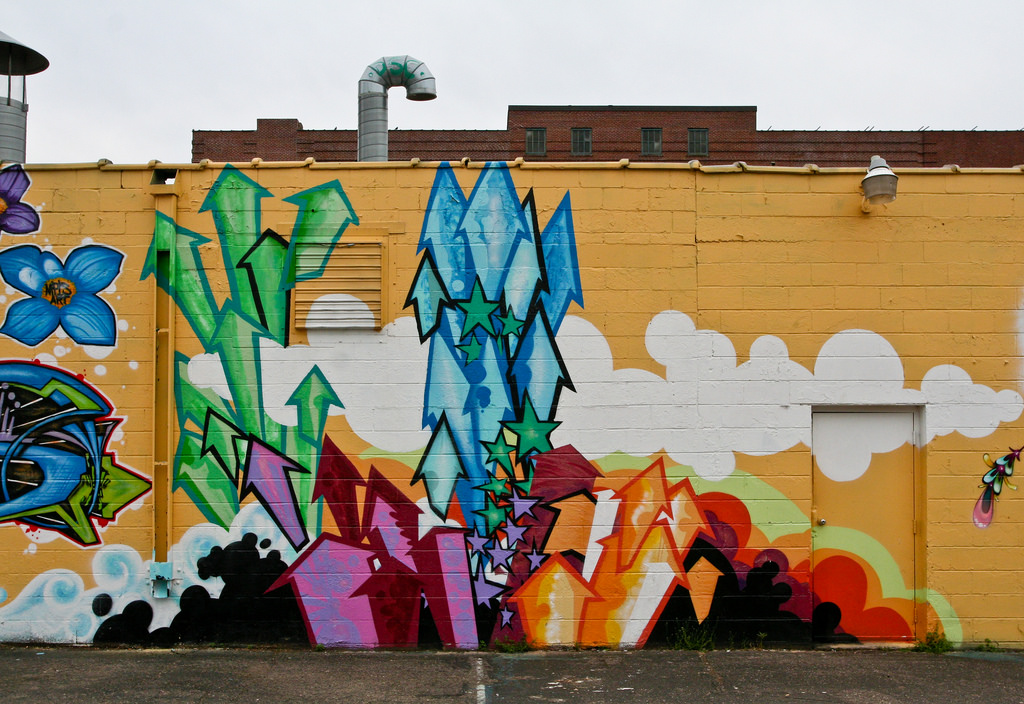by Maria Josefina Figueroa.
Collective bottom-up actions for sustainability are on the rise in many corners of the global community. Actions are inspired by a realization that local solutions present opportunities to also pursue and reach global commitments, especially those agreed by all nations with the Paris climate agreement and the Agenda 2030, and its 17 Sustainable Development Goals (short SDGs).
What counts as collective bottom-up action?
A wide array of actions and forms of engagement by civil society, public and private actors can be counted as forms of collective bottom-up action. Examples range from actions of green activist and volunteers in organized community-led activities, over private entrepreneurs in small and medium enterprises and local businesses, to local authorities seeking to engage citizen participation in the implementation of sustainability solutions. With the sense of urgency attributed to both achieving climate goals and the SDGs, a logical expectation can be that increasing bottom-up engagement and action will easily translate into contributions for sustainability. Moving away from a mere presumption to gaining knowledge in support of this case requires posing questions such as these: “Does bottom-up collective acting work for sustainability?”, “How can we know?”, and “Why does it matter that we know?”
Does it work?
From a systems perspective, a simplified affirmative answer can be offered: bottom-up collective actions can play a big or small part toward systemic change. They can do this by setting in motion key system levers or eventually by helping catalyse a movement that can potentially contribute toward systemic change. However, even if this is the case, how can we know that the change set in motion will be advancing important sustainability goals?
How do we know?
The answer can be approached within a variety of disciplinary fields. These include (but are not limited to) social science, engineering, psychology, economics, political science, technological innovation studies and economy-energy studies. Some approaches target consumption and production, behaviour, lifestyles, and service provision; others target systemic infrastructure impacts and technology choices. Each approach favours a partial disciplinary assessment. Each field converges towards certain expert knowledge which tends to make its use difficult in an open public conversation or public deliberation. Gaining full understanding of the way collective bottom-up actions can work for sustainability requires further efforts to synthesize partial field approaches and for learning in action.
Recent efforts by the international research community are helping advance multidisciplinary frameworks for assessment and systemic thinking in approaching complex sustainability challenges and solutions. Evolving research efforts in multi-disciplinary teams are helping find ways of bridging evidence from natural and social systems with political and ethical considerations. The results offer a more complete evaluation of bottom-up actions’ impacts, synergies and potential conflicts. Similarly, they offer a scope for creative thinking and innovation enlarging the sustainable solutions space.
Experimentation, assessment, learning and knowledge creation approaches are a necessary component of the transition
Why does it matter to know if bottom-up actions work for sustainability?
Here are three reasons why it matters. First, because gaining knowledge of what constitutes effective collective action is essential for informed decision-making at all levels. There is a short time span for countries to deliver on their commitments to limit global warming below dangerous levels and to achieve SDGs as an integrated vision. More knowledge can make clear the opportunities for innovation and help to understand where trade-offs may be unavoidable.
Second, because sustainability gains may be easier to obtain and assess locally but it is also important to learn how they can be scaled up and offer improvements toward global goals.
Finally, because experimentation, assessment, learning and knowledge creation approaches are a necessary component of this transition, in this process universities have a very important role to play.
The task of universities is to form well-equipped sustainability professionals with strong capabilities to work in multi-disciplinary teams. General eagerness to understand the systemic interconnections between sustainability and climate challenges and solutions is just as important.
So far, this task has been addressed in Denmark by the University of Copenhagen (UCPH), the Danish Technical University (DTU) and Copenhagen Business School (CBS) joint developing electives (e.g. this and this) that can be chosen by students from any discipline and from any of the three universities – provided their study board will accept the course for credit.
Universities have unique resources and facilities to contribute in strengthening the knowledge creation, self-awareness, complex system thinking and multidisciplinary learning process. They can help enrich and transform the scope of bottom-up collective action into plausible solutions that pave a sustainability-transition path.
Maria Josefina Figueroa is assistant professor and academic coordinator of the Copenhagen Sustainability Initiative COSI at Copenhagen Business School. She is also lead author of the IPCC Fifth and coming Sixth Assessment Report.
Pic by Sharon Mollerus, Flickr
